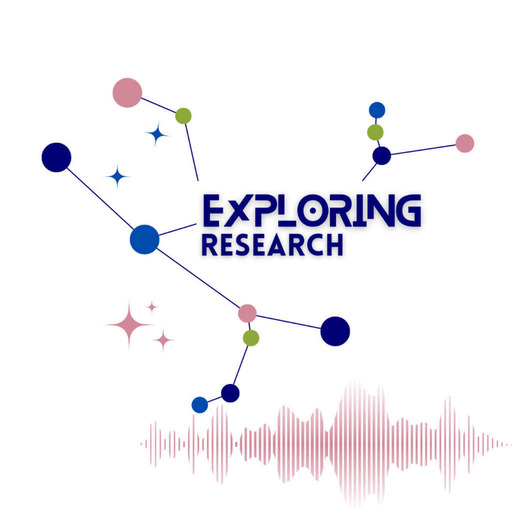[Eng] In this episode, you will listen to a conversation with Katerina Ntourou. She’s a greek SLT and researcher living and working in the USA as an assistant professor at the Case Reserve University. We discuss about the research on temperament and sensory integration in children who stutter. We are talking about the links between clinic and research and how a research hypothesis becomes a research topic and evolves through time.
[Fr]
Dans cet épisode, vous écouterez une conversation avec Katerina Ntourou une orthophoniste et chercheuse grecque, qui vit et travaille aux États-Unis en tant que professeure adjointe à l'université Case Reserve. Nous discutons de la recherche sur le tempérament et l'intégration sensorielle chez les enfants qui bégaient. Nous parlons des liens entre la clinique et la recherche et de la manière dont une hypothèse de recherche devient un sujet de recherche et évolue au fil du temps.
References:
Ntourou, K., Conture, E. G., & Walden, T. A. (2013). Emotional reactivity and regulation in preschool-age children who stutter. Journal of fluency disorders, 38(3), 260-274.
Ofoe, L. C., Anderson, J. D., & Ntourou, K. (2018). Short-term memory, inhibition, and attention in developmental stuttering: A meta-analysis. Journal of Speech, Language, and Hearing Research, 61(7), 1626-1648.
Plexico, L. W., & Burrus, E. (2012). Coping with a child who stutters: A phenomenological analysis. Journal of Fluency Disorders, 37(4), 275-288.
Roué, M. (2024) : Comparaison des profils sensoriels et tempéramentaux des enfants de moins de 7 ans qui bégaient et/ou qui présentent un trouble du développement du langage par rapport à des enfants fluents du même âge. Mémoire pour l’obtention du certificat de capacité en orthophonie, Université de Poitiers.
Tournier C., de Chassey, J. (2024). “Questionner et renouveler les pratiques et la recherche à la lumière du modèle bio-psycho social : Approche intégrative par la thérapie d’acceptation et d’engagement(ACT) dans l’évaluation du bégaiement et du bredouillement.” 24emes rencontres internationales en Orthophonie, Unadréo Décembre 2024




